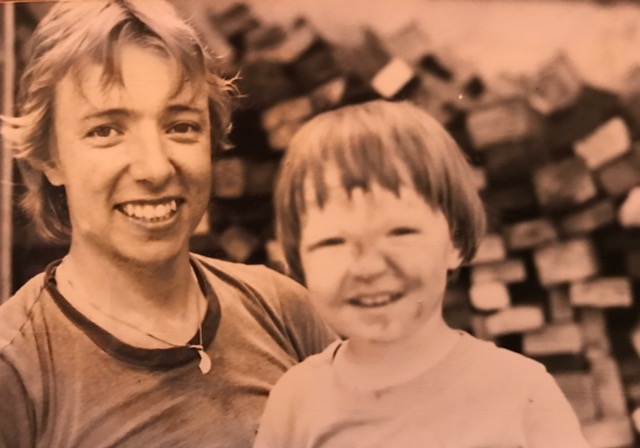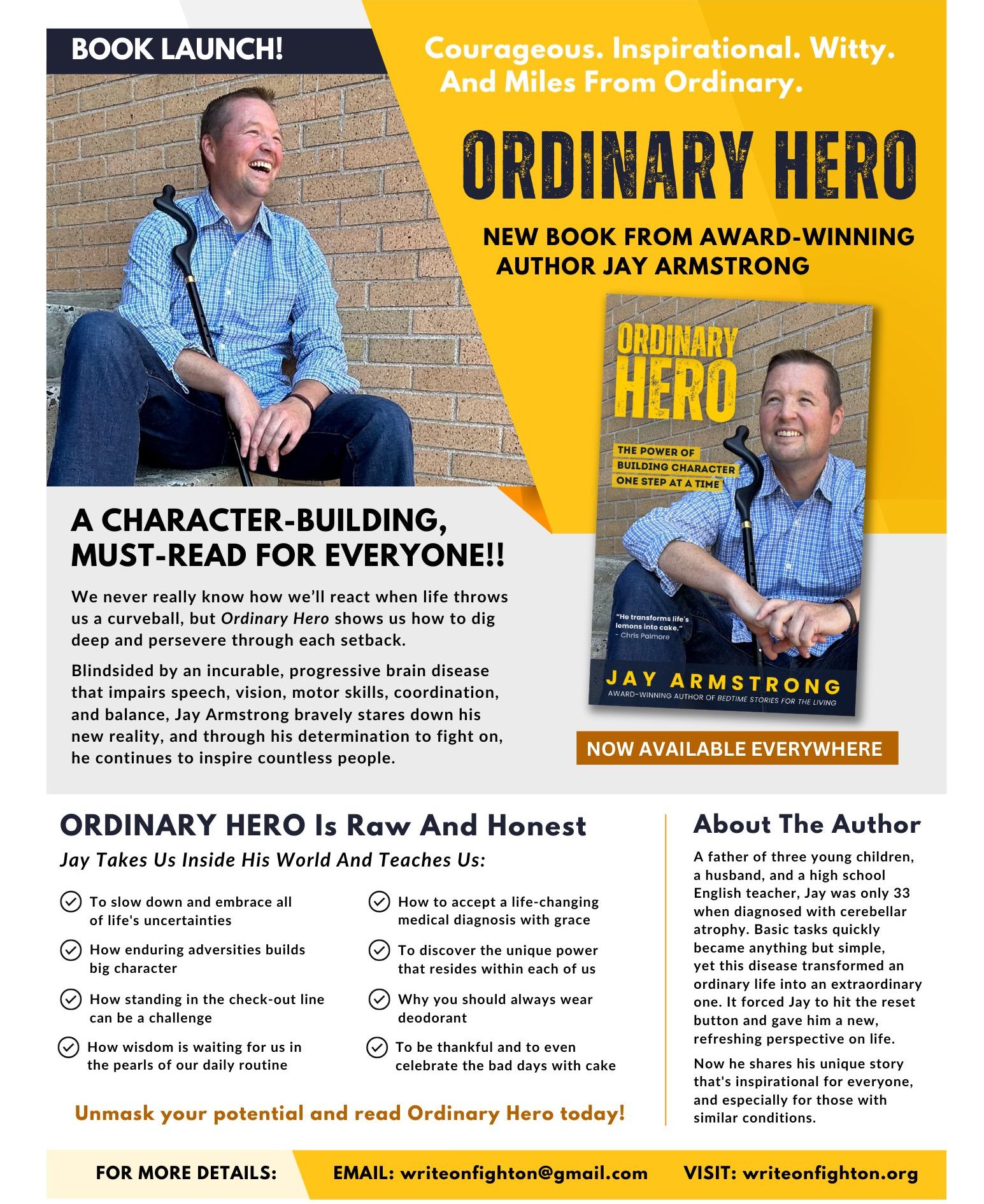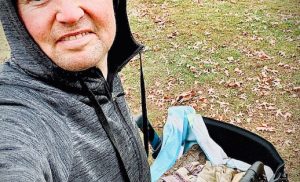The workingman retires
Right now–the Coronavirus overshadows everything.
So I write this post with heart full of appreciation and head full of worries. I feel sort of strange writing about a good thing in a bad time. But it’s in bad times when we need good things.
For me, writing this post was a needed escape. I hope reading it is the same for you.
For the next few sentences I’m going to quarantine my head and open the door and let my heart out–to hammer on the computer keys, to write this one.
I love my father.
There I said it. Four words that sons too often hide from their fathers. Why? Probably for a lot of reasons. Fear of rejection. Fear of embarrassment. The awkwardness of man-to-man communication.
My love swells from what my father has endured. For 50 plus years he did something so unremarkable, something so pedestrian that, in time, it will be forgotten–he went to work.
Today, April 3rd, 2020, my father officially retires from the working life.
Because of our current Coronastance, there will be no standing ovations, no pats on the back, no handshakes, no steak dinner, no beers at the bar, no 4-wheel ride off into the suburban sunset. Sadly, in the modest words of my favorite poet, TS Eliot, my father will retire–not with a bang but a whimper. Which, when considering the totality of his working life–makes perfect sense.
A physically able, lunch pal kid, my father grew up into a man among the sharp steel and diesel smells of factories and warehouses and tin trailers that immortalize industrial America. Unforgiving summers. Relentless winters. Crowbars. Safety googles. Cowhide gloves. Industrial fans. And propane heaters.
The imagery, the uniform, the instruments of our deliverance–my father’s working life and mine are very different.
He turned wrenches. I turn pens.
He wore steel-toed boots. I wear loafers.
He hands hardened with callouses and stained with grease. I have paper cuts and ink smudges.
For a while, these differences worried me. These differences jabbed at my own masculine insecurities.
Like Nick Carraway expressed in the first sentence of The Great Gatsby, “In my younger more and vulnerable years”, I foolishly wondered if my father was proud with my working life. Was he proud his oldest son was a teacher and a writer who could weld words but didn’t belong anywhere near a blowtorch?

Dad and I. Circa 1984
Growing up, my father would often tell me, “use my brain and not my body”. Older now, owner of a broken body myself, and enmeshed in my working life, I realize, with deeper gravity, what he meant.
The working life comes with a cost. You pay tolls, certainly with your spirit, but also your body or your mind–or sometimes both.
My father paid with his body. Not that he didn’t use his mind. He did. In fact, I consider him one of the smartest people I know. But his work was almost always physical. His body, his most effective tool, over time, began to rust like a wrench in the rain.
I now realize it’s not the type of work–but how you perform the work that matters.
Simply–did you give your best effort to each work day?
Sure I’m not building trusses, but I tongue and groove sentences together until those sentences form a paragraph and that paragraph joins another paragraphs and soon I have an essay or post or story. Soon I have something I crafted into a brick and mortar existence. Soon I have something I can walk inside, run my hand across the walls, breathe in the dust and sweat, and admire.
I also realize that though we wear different uniforms, my father and I are both repairmen.
We have different tools, different trades–he cleared clogged drains and replaced broken windows while I renovate grammar and syntax and rectify pesky literary matters.
And now that it has come to pass, my father’s working life was never about a paycheck. Maybe no father’s working life really is. Maybe its about the impressions you leave on your children, the attitudes you instill in them about work. But of course you don’t know this when your busy punching in and punching out each day.
Sure– his paycheck offered my brothers and I a soft-suburban life, clothes from the Gap, and higher education– but beyond the thin monetary rewards of work–my father’s working life thankfully ingrained in me a persistence I now attempt to carry to every blank page and that I hope to, one day, gift to my children.
I want my father to know his commitment to a working life wakes every time I open the computer and begin building sentences, piece by piece, the way he built the shed in the backyard one summer when I was a kid. Sun at his back, hammer in hand, persistence in his heart.
And now, every time I teach a lesson or write a story I look to the image blazed in my own heart of a workingman and see my father.
Be well,
Jay
PS– I hope you’re doing well. I know this is difficult. I know you get frustrated and anxious.
I’m feeling it.
Deep breath.
Forgive yourself.
A bad day or a bad stretch of days does not equal a bad life.
It will get better.




